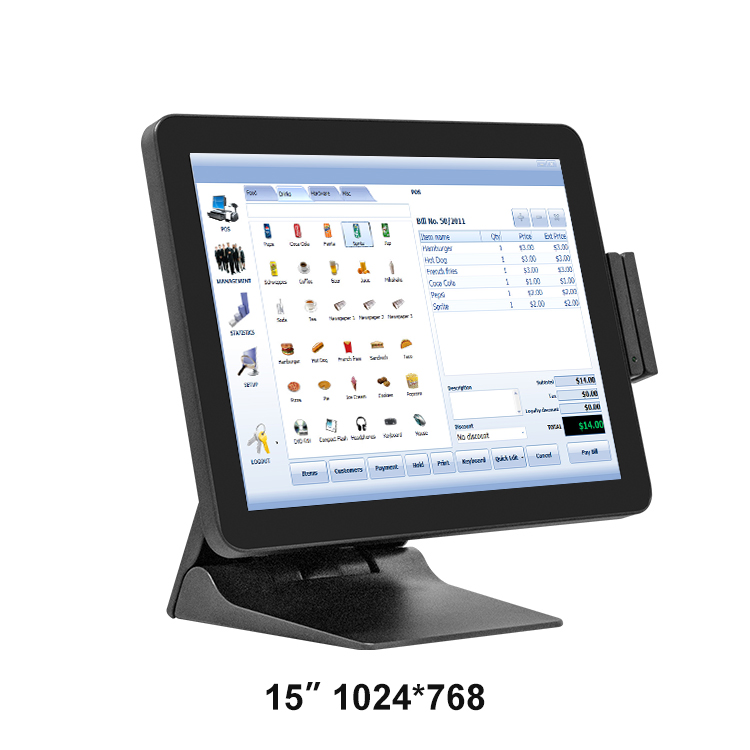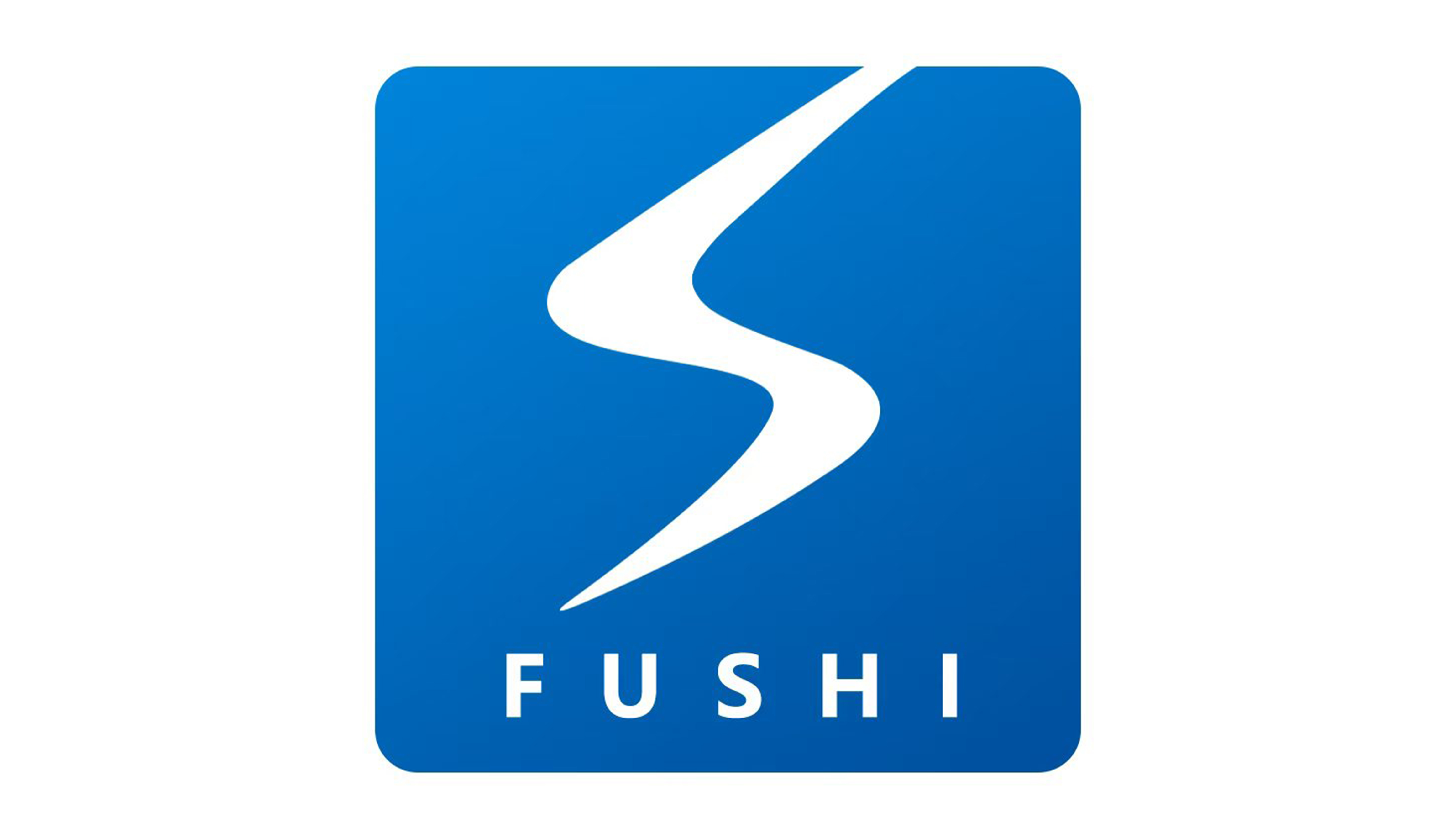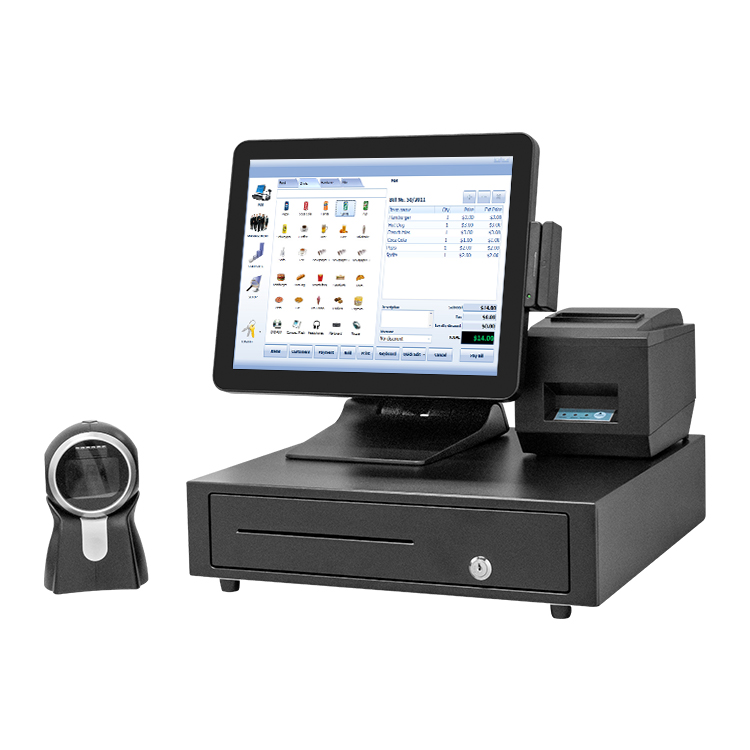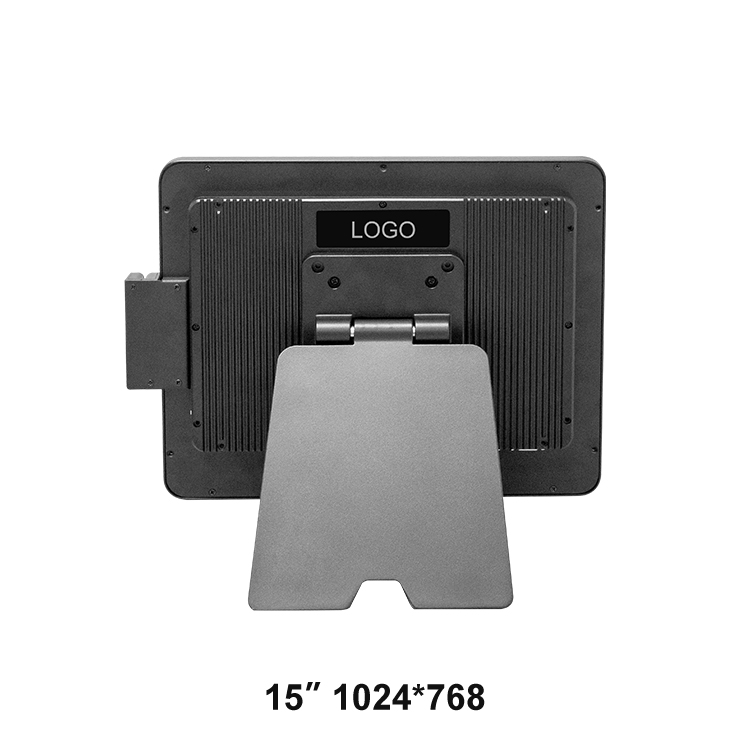How is POS machine different from traditional cash register method? In the ever-evolving field of payment technology, understanding the differences between point-of-sale (POS) machines and traditional cash register methods is crucial. While both are designed to facilitate transactions and record sales, all in one pos machine have revolutionized the way businesses handle payments. In this article, we will explore the various aspects that differentiate POS machines from traditional cash register methods.
1. Functionality and Features
POS machines offer a wide range of advanced functionalities and features compared to traditional cash registers. Unlike cash registers that were primarily focused on processing cash transactions, POS machines are equipped to handle various payment methods, including credit and debit cards, mobile payments, and even cryptocurrencies. Additionally, POS machines often come with integrated software that can perform tasks such as inventory management, customer relationship management (CRM), and generate detailed sales reports in real-time.
2. Efficiency and Speed
One of the key advantages of all in one pos machine over traditional cash registers is their increased efficiency and speed. POS systems streamline the entire transaction process, reducing the time taken for each transaction. With features like barcode scanners, the need for manual input of product prices is eliminated, ensuring accurate pricing and faster checkout. Moreover, integrated payment processors allow for quick and secure transactions, minimizing waiting times for customers and enabling businesses to serve more customers efficiently.
3. Inventory Management
Unlike traditional cash registers, all in one pos machine often come with advanced inventory management capabilities. With POS systems, businesses can accurately track their inventory levels, understand which products are selling well, and automatically generate purchase orders when stock reaches a certain threshold. This level of automation helps businesses streamline their inventory processes, reduce stockouts, and optimize their stock levels to meet customer demand effectively.

4. Enhanced Customer Experience
POS machines are designed to provide an enhanced customer experience. With the ability to accept various payment methods, customers have the flexibility to pay the way they prefer. Additionally, POS systems can store customer information, enabling businesses to offer personalized promotions, loyalty programs, and targeted marketing campaigns. This not only enhances customer satisfaction but also enables businesses to build stronger customer relationships and increase repeat business.
5. Data and Analytics
Data and analytics capabilities provide another significant advantage of POS machines. These systems can capture and store valuable customer and sales data, allowing businesses to analyze purchasing patterns, identify trends, and make informed decisions. Businesses can leverage this data to develop targeted marketing strategies, optimize pricing, and improve overall business performance. Traditional cash registers lack these analytical capabilities, making it challenging to gain detailed insights into business operations.
6. Integration and Scalability
POS machines are designed to integrate seamlessly with various business systems and applications. This allows businesses to centralize their operations, streamline workflows, and improve overall productivity. Moreover, POS systems can be easily scaled to accommodate business growth. Whether a business expands to multiple locations or introduces new product lines, android pos machine can handle these changes effortlessly, providing businesses with the flexibility to adapt and evolve.
7. Security and Compliance
When it comes to security, POS machines have significantly advanced compared to traditional cash registers. POS systems are equipped with encryption technology and secure payment gateways, ensuring that sensitive customer information is protected. Additionally, these systems are often compliant with industry regulations, such as Payment Card Industry Data Security Standard (PCI DSS) requirements. This compliance not only protects customer data but also helps businesses build trust and credibility with their customers.
Conclusion
In conclusion, POS machines have revolutionized the payment industry with their enhanced functionality, speed, and advanced features. These systems offer businesses greater efficiency, accurate inventory management, improved customer experiences, access to valuable data, seamless integration, scalability, and enhanced security. As businesses continue to adapt to the ever-changing payment landscape, embracing POS machines has become essential to stay competitive and meet customer expectations.
all in one pos machine pos machine manufacturers pos machine cash registe




